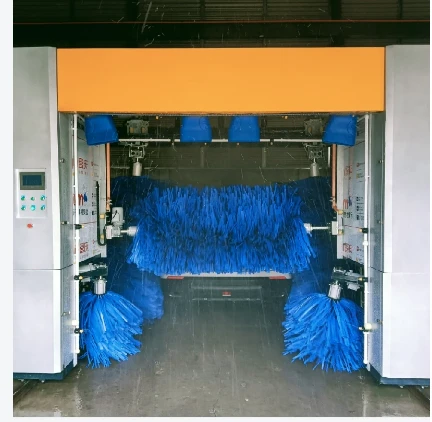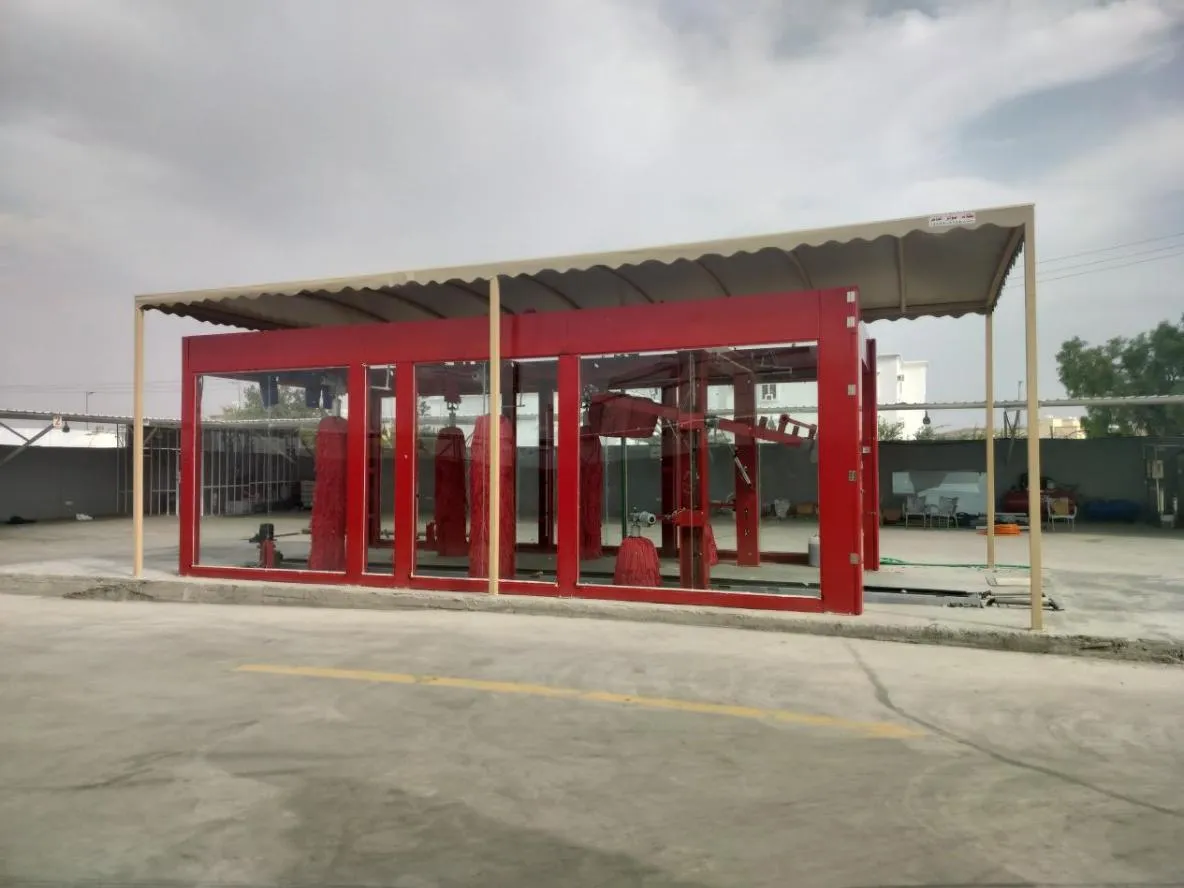
- Afrikaans
- Albanian
- Amharic
- Arabic
- Armenian
- Azerbaijani
- Basque
- Belarusian
- Bengali
- Bosnian
- Bulgarian
- Catalan
- Cebuano
- Corsican
- Croatian
- Czech
- Danish
- Dutch
- English
- Esperanto
- Estonian
- Finnish
- French
- Frisian
- Galician
- Georgian
- German
- Greek
- Gujarati
- Haitian Creole
- hausa
- hawaiian
- Hebrew
- Hindi
- Miao
- Hungarian
- Icelandic
- igbo
- Indonesian
- irish
- Italian
- Japanese
- Javanese
- Kannada
- kazakh
- Khmer
- Rwandese
- Korean
- Kurdish
- Kyrgyz
- Lao
- Latin
- Latvian
- Lithuanian
- Luxembourgish
- Macedonian
- Malgashi
- Malay
- Malayalam
- Maltese
- Maori
- Marathi
- Mongolian
- Myanmar
- Nepali
- Norwegian
- Norwegian
- Occitan
- Pashto
- Persian
- Polish
- Portuguese
- Punjabi
- Romanian
- Russian
- Samoan
- Scottish Gaelic
- Serbian
- Sesotho
- Shona
- Sindhi
- Sinhala
- Slovak
- Slovenian
- Somali
- Spanish
- Sundanese
- Swahili
- Swedish
- Tagalog
- Tajik
- Tamil
- Tatar
- Telugu
- Thai
- Turkish
- Turkmen
- Ukrainian
- Urdu
- Uighur
- Uzbek
- Vietnamese
- Welsh
- Bantu
- Yiddish
- Yoruba
Industrial Car Wash Pressure Washers High-Pressure, Heavy-Duty Cleaning Solutions
- Introduction to Industrial-Grade Cleaning Solutions
- Technical Advantages of Modern Pressure Washers
- Performance Metrics: Industry Leaders Compared
- Tailored Systems for Commercial Car Wash Facilities
- Integrated Vacuum Solutions in Vehicle Sanitation
- Case Study: Efficiency Gains in Fleet Maintenance
- Future-Proofing Your Industrial Car Wash Operations

(industrial car wash pressure washer)
Revolutionizing Vehicle Maintenance with Industrial Car Wash Pressure Washers
Industrial car wash pressure washers have become the backbone of modern fleet maintenance, combining 25-40% faster cleaning cycles with 30% reduced water consumption compared to traditional systems. These heavy-duty machines deliver 2,000-5,000 PSI outputs, effectively removing brake dust, oil residues, and road grime from commercial vehicles.
Engineering Excellence in Cleaning Technology
Contemporary industrial pressure washers feature:
- Triple-stage ceramic plungers (4× longer lifespan)
- Variable frequency drives (15-20% energy savings)
- IoT-enabled diagnostics (90% failure prediction accuracy)
Leading models now achieve 98% uptime with dynamic pressure regulation that automatically adjusts to surface types.
Market Comparison: Key Performance Indicators
| Model | PSI Range | Flow Rate (GPM) | Heating Capacity | Noise Level |
|---|---|---|---|---|
| WashPro X9000 | 3,200-5,000 | 8.2 | 220°F | 78 dB |
| HydroMaster H7 | 2,800-4,500 | 7.8 | 200°F | 82 dB |
| CleanForce Ultra | 3,500-5,200 | 8.5 | 240°F | 75 dB |
Custom Configuration Strategies
Specialized vehicle wash operations require:
- Dual-axis rotating nozzles (360° surface coverage)
- Recovery systems reclaiming 85% of wastewater
- Modular designs enabling 24-hour serviceability
Top manufacturers report 60% faster ROI when integrating vacuum systems with pressure washing lines.
Synergistic Equipment Integration
Combining industrial vacuum for car wash with pressure systems yields:
- 40% reduction in bay turnover time
- 72% improvement in particulate removal
- Centralized control interfaces (single-operator management)
Operational Efficiency: Real-World Validation
A Midwest trucking company achieved:
| Metric | Before | After |
|---|---|---|
| Daily Vehicles Processed | 48 | 82 |
| Water Usage/Vehicle | 45 gal | 28 gal |
| Labor Costs | $18.50/unit | $11.20/unit |
Sustaining Competitive Edge with Industrial Car Pressure Washers
The latest industrial car pressure washer systems now incorporate predictive maintenance algorithms that reduce service calls by 40%. Facilities upgrading to these solutions report 18-month payback periods through 35% faster wash cycles and 22% lower chemical consumption. Modular designs allow phased implementation, with 72% of operators choosing staged upgrades over complete system replacements.

(industrial car wash pressure washer)
FAQS on industrial car wash pressure washer
Q: What distinguishes an industrial car wash pressure washer from residential models?
A: Industrial car wash pressure washers offer higher PSI (3,000+), durability for frequent use, and advanced features like heated water for tough grime. Residential units prioritize lower cost and lighter-duty cleaning.
Q: How to choose the right industrial car pressure washer for a commercial facility?
A: Prioritize PSI (4,000-8,000 for heavy-duty tasks), flow rate (GPM), and compatibility with detergents. Ensure it includes certifications like UL Listing for safety in professional environments.
Q: What maintenance does an industrial car pressure washer require?
A: Regularly inspect seals/pumps, flush detergent residues after use, and replace worn nozzles. Annual professional servicing ensures longevity and consistent performance.
Q: Why use an industrial vacuum for car wash alongside pressure washers?
A: Industrial vacuums remove debris/mud before pressure washing to prevent scratches. Wet/dry models also extract wastewater, ensuring compliance with environmental regulations.
Q: Can industrial car wash pressure washers and vacuums operate simultaneously?
A: Yes, when connected to separate power circuits. Integrated systems allow synchronized use, boosting efficiency in high-volume facilities like truck wash stations.
-
Integrating Aqua Tunnel Car Wash in Shopping CentersNewsJun.24,2025
-
Gas Station with an Auto Car Wash MachineNewsJun.24,2025
-
Efficiency in Your Aqua Tunnel Car Wash: Power & Water-SavingNewsJun.24,2025
-
Car Wash Business with Advanced Auto Car Cleaning MachinesNewsJun.24,2025
-
Balancing Setup Costs with Aqua Tunnel Car WashNewsJun.24,2025
-
Aqua Tunnel Car Wash: Eco-Design for the Energy-Savvy EntrepreneurNewsJun.24,2025



